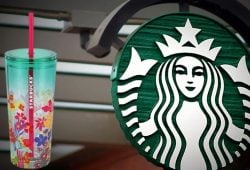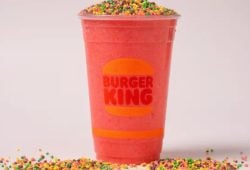The recall of defective products from the market is a necessary measure that has a significant impact on both consumers and brands. In recent years, product recalls have gained global attention, highlighting the importance of quality and safety in the goods that reach consumers’ hands. A notable example is Prinx Chengshan Tire North America, which is recalling over 100 sizes of Fortune Tormenta and Prinx Hicountry tires featuring three-peak mountain snowflake symbols on their sidewalls.
Consumers, a key piece in this equation, face various consequences when a product recall occurs. First and foremost, it creates a sense of mistrust toward the brand. This happens because customers expect that the products they purchase meet strict quality standards, and when this is not the case, their perception of the brand may be negatively affected.
This type of recall is particularly common in the food industry. According to the U.S. Department of Agriculture’s Food Safety and Inspection Service, “foreign materials” caused nine recalls in 2022 involving over 216,000 kilograms of regulated food products—triple the number of recalls related to food contaminated with the toxic E. coli bacteria.
Furthermore, the scale of some recalls can reach millions. For instance, in 2019, the USDA reported 34 recalls amounting to over 72,574 kilograms of food, driven largely by a massive recall of Tyson chicken strips contaminated with pieces of metal.
What’s Happening with the Tires?
Prinx Chengshan Tire North America, which sells replacement winter tires, is recalling over 541,000 of these tires in the U.S. because they do not provide sufficient snow traction to meet North American standards.
The company is recalling more than 100 sizes of Fortune Tormenta and Prinx Hicountry tires featuring three-peak mountain snowflake symbols on their sidewalls. According to documents released by the National Highway Traffic Safety Administration (NHTSA), the tires passed European tests but likely do not meet North American snow traction standards.
The safety agency notes that tires with insufficient snow traction may increase the risk of accidents.
In response, Prinx Chengshan is working to address the issue, which could affect consumers. The company stated that owners will be notified via letter starting February 1. Those with questions can contact the company at (310) 205-8355, extension 109.
It’s worth mentioning that product recalls are also very common in the food sector. For example, in October, chicken nuggets were recalled after reports of metal pieces being found in them.
This incident involved Tyson Foods, which recalled a batch of dinosaur-shaped chicken nuggets after multiple consumer reports of metal pieces in the popular children’s meal. “A limited number of consumers have reported finding small, flexible pieces of metal in the product, and as a precaution, the company is recalling this product from the market,” stated Tyson in a press release.
At that time, the U.S. Department of Agriculture’s Food Safety and Inspection Service announced that approximately 13,072 kilograms of Tyson Fun Nuggets, fully cooked and breaded chicken patties, were being recalled due to potential contamination with foreign materials, specifically metal pieces.
A Competitive Challenge
In an increasingly competitive environment where consumers demand high-quality standards, brands face the challenge of ensuring safe and reliable products. Although product recalls may represent a short-term setback, their proper handling has the potential to strengthen customer relationships and solidify the brand’s position in the market.
Read more:
Sora price: how much does OpenAI’s video generator cost?
How to access Sora OpenAI, ChatGPT’s video generator
Foods that contain red dye 3, the additive that could be banned







